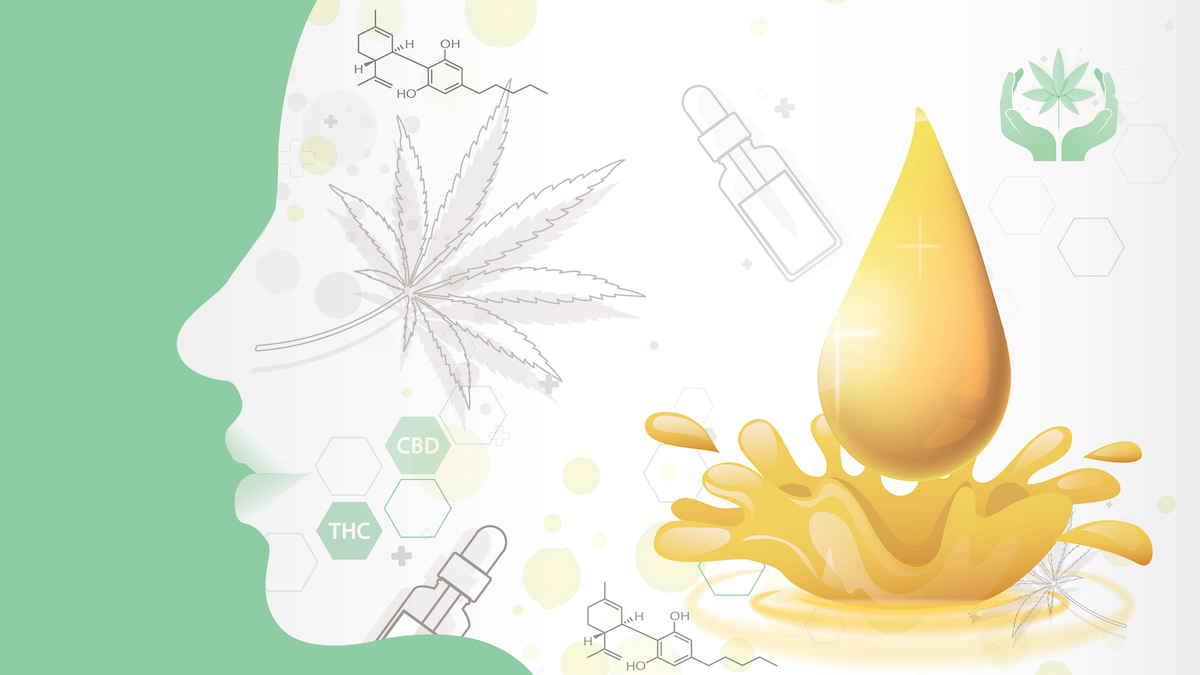Lab tests confirm neuro-protective potency of Neurotech’s unique strains of cannabis

Neurotech International says laboratory tests have confirmed seven special cannabis strains it acquired rights to in July. (Image: Getty)
Special Report: Neurotech International (ASX:NTI) says laboratory tests have confirmed the neuro-protective, anti-inflammatory and neuro-modulatory activities of seven special cannabis strains it acquired rights to in July.
The preliminary in vitro (test tube) cell studies have shown the hemp has 50 per cent more potency in repairing brain cells when compared to CBD alone, and require a dose five times lower to achieve these results compared to CBD alone (2ug/ml versus 10ug/ml, respectively).
The cannabis strains exhibited novel modes of action critical in the treatment and management of Alzheimer’s, Huntington’s disease, multiple sclerosis and other neurological disorders, Neurotech says.
Three independent scientific laboratories — Monash University, the University of Wollongong and RMIT University in Melbourne – have been testing the cannabis, which Neurotech licensed from an Australian hemp grower who has been cultivating them for decades.
The DOLCE/NTI hemp contains minimal THC – the ingredient in marijuana that gets potheads “high” – but has such potent anti-inflammatory and neuro-modulatory activities that Neurotech is hopeful they could play an important role in the management of autism and related disorders.
“These preliminary trial results continue to be very encouraging, in particular the unique mode of action of our strains compared to CBD alone,” said Neurotech Chairman Brian Leedman.
“These findings clearly demonstrate the potency and uniqueness of the novel DOLCE/NTI strains specifically in relation to anti-inflammation, euro-modulation and overall cell health, thus allowing us to set up the most optimal clinical design with the best possible outcomes”.
”These results indicate that the DOLCE/NTI leads may have a broader application in relation to the management and treatment of a number of neurological disorders”.
The strains were selected for further research following tests on 80 different cannabinoid strains that Neurotech licensed from an Australian hemp grower who’d been cultivating them for 20 years after importing them from China.
Final results from the tests are expected to be received next month, Neurotech says, and based on the findings of this work, the company plans to commence clinical trials on using the cannabinoids to treat neurological disorders such as autism and ADHD.
The company says the clinical trials may be small scale, just involving a handful of children, with the goal of making a tincture, spray or oil extract available via Australia’s Special Access Scheme.
If successful it would offer parents of children with ADHD an alternative to drugs such as Ritalin.
This article was developed in collaboration with Neurotech International, a Stockhead advertiser at the time of publishing.
This article does not constitute financial product advice. You should consider obtaining independent advice before making any financial decisions.
Related Topics
UNLOCK INSIGHTS
Discover the untold stories of emerging ASX stocks.
Daily news and expert analysis, it's free to subscribe.
By proceeding, you confirm you understand that we handle personal information in accordance with our Privacy Policy.








